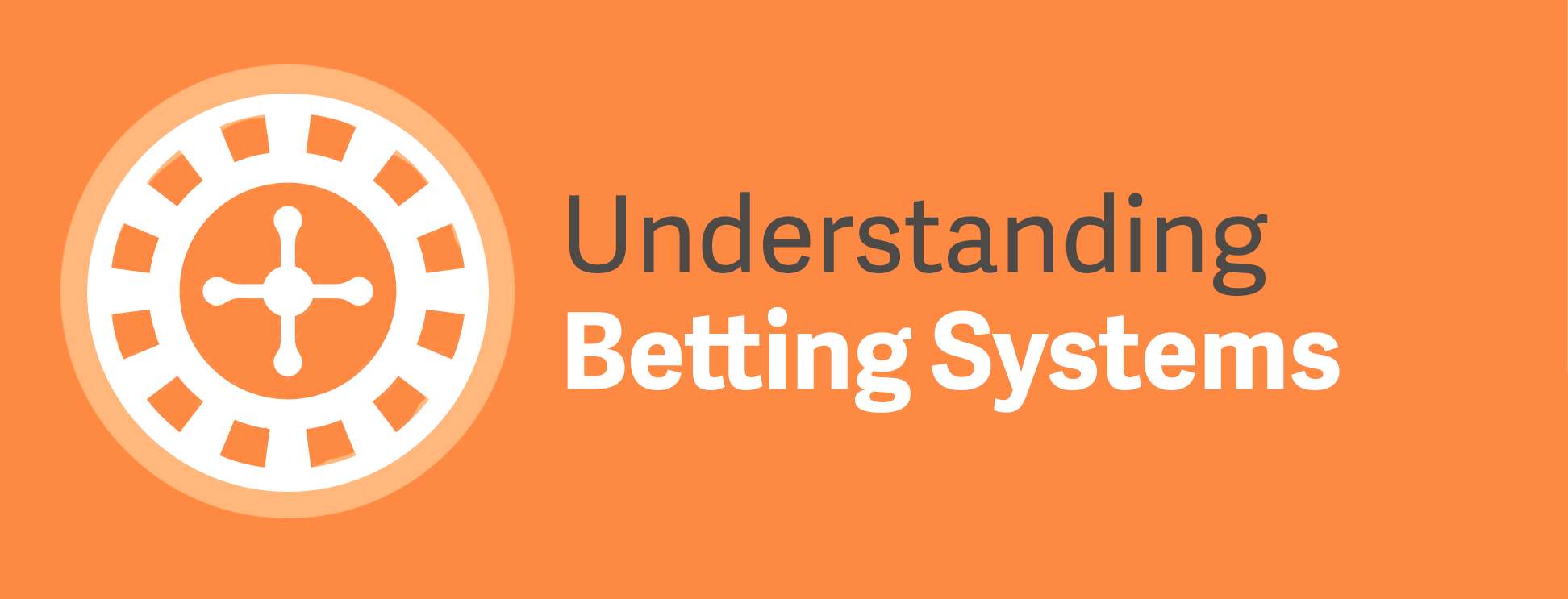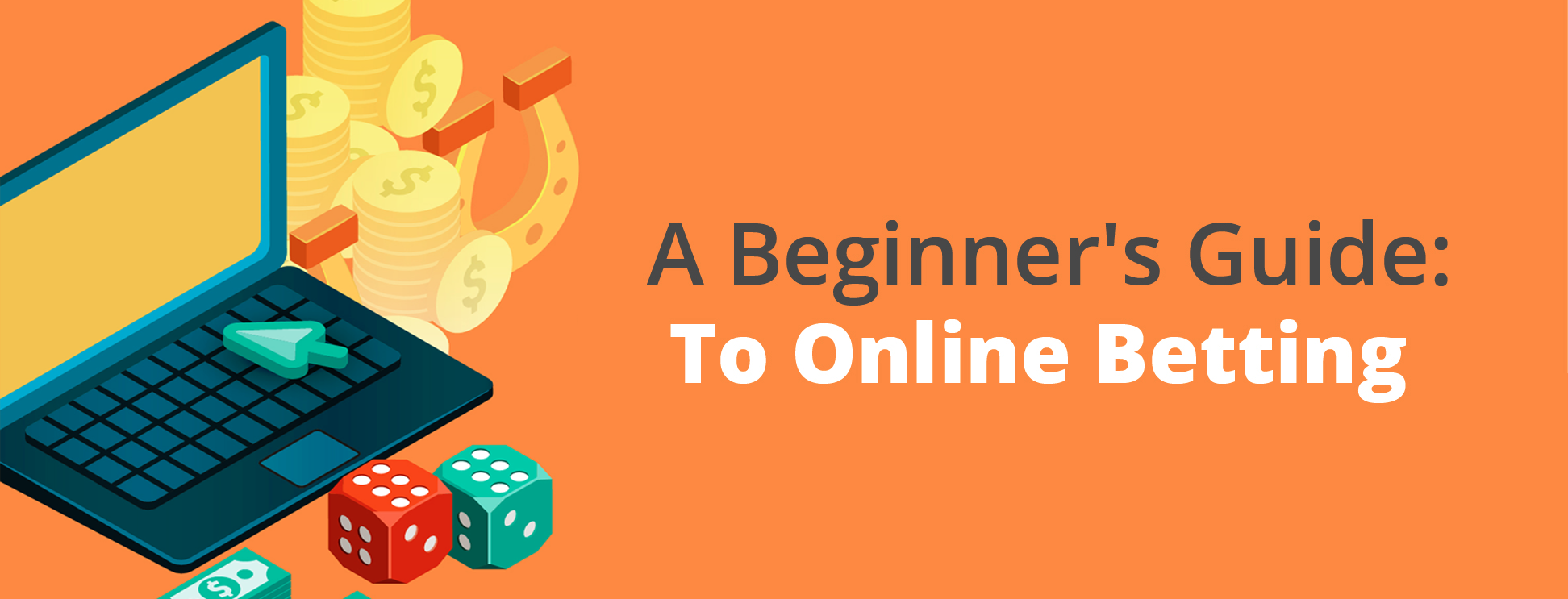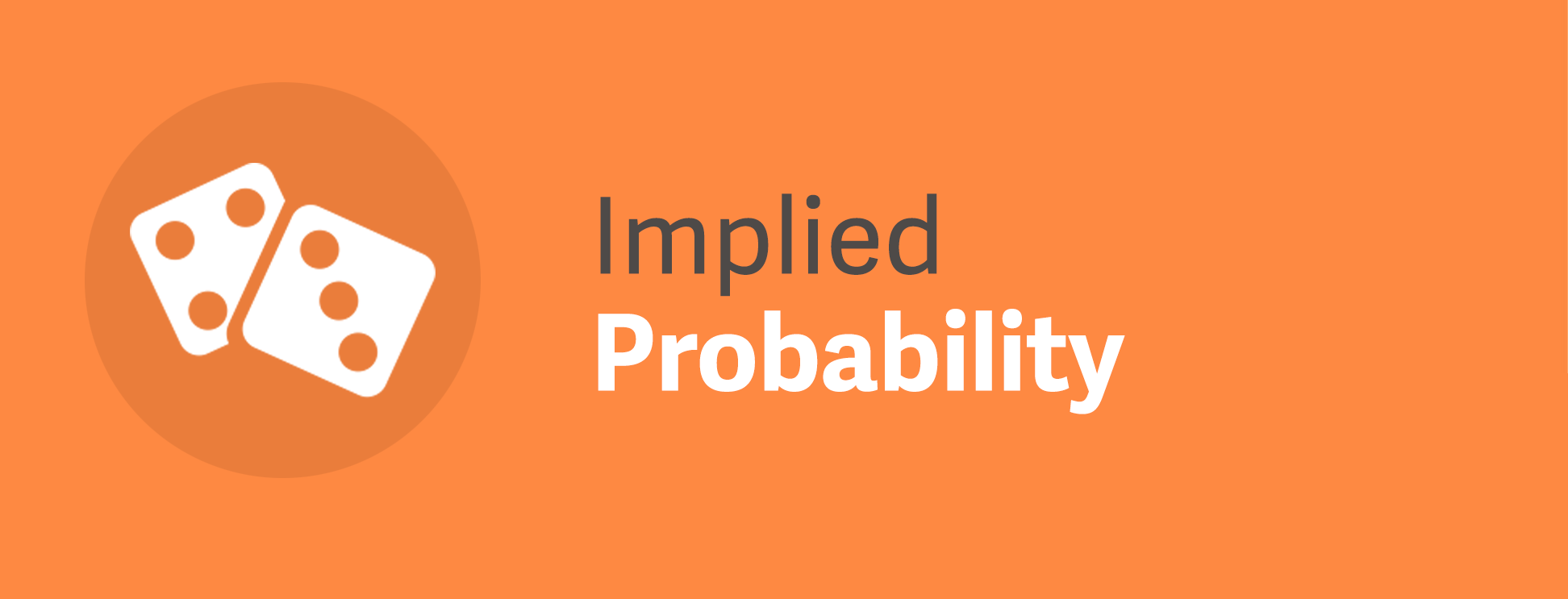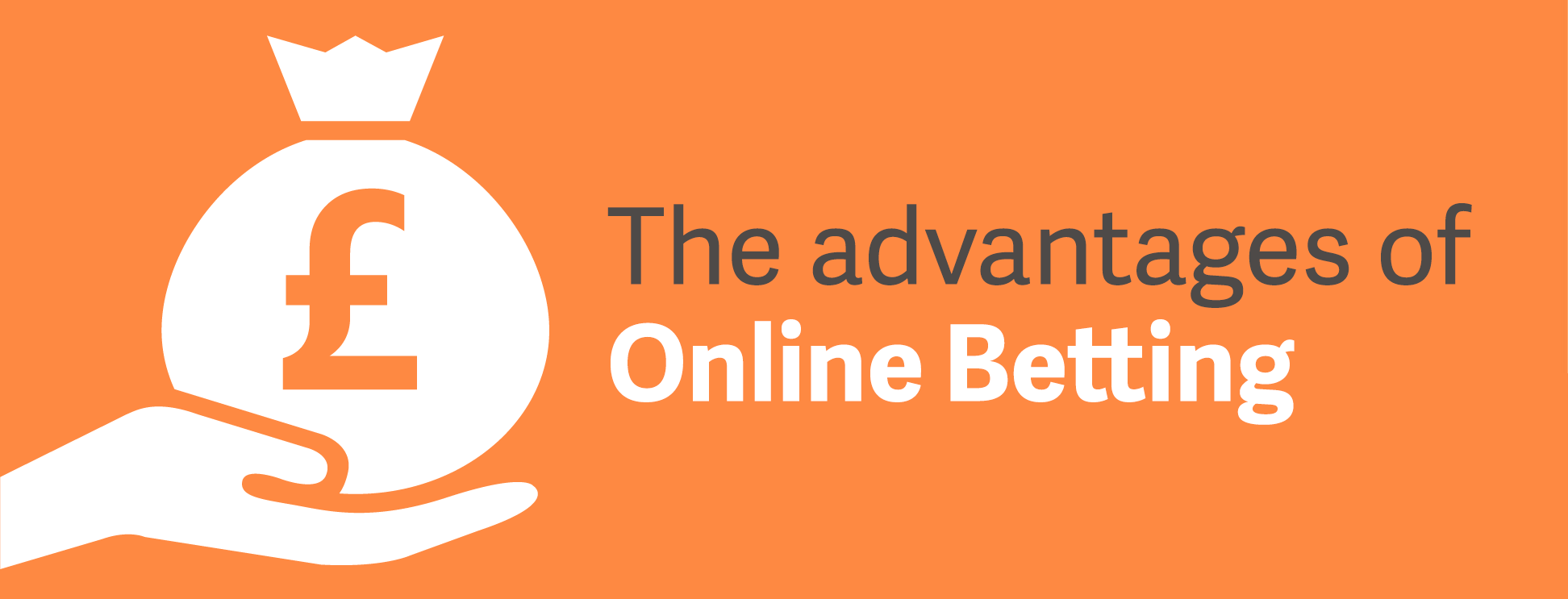
What is a betting system and how does it work?
A betting system is something you can use to put some self-imposed restrictions on your methods that will potentially reduce losses, improve your own level of self-discipline over time and it should make you more money in the long term provided you are identifying good bets.
Having a good betting system doesn’t stop you from picking too high a volume or bets or un-planned or spur of the moment bets. But if you do struggle with money management then a betting system will introduce you softly to better discipline.
One of the biggest deal breakers for someone who doesn’t manage their money well is that need you feel to chase your losses at the very first opportunity. By employing a betting system, specifically a bankroll percentage system, you’ll vastly reduce potential losses in your moments of madness and avoid the feeling of looking back with a sense of regret and a misleading greater sense of need and urgency next time you place some bets.
You’ll be learning some betting life lessons that everyone needs to learn whilst most probably helping you to keep confidence in your own betting selections.
Have you ever felt that sinking feeling that we’re talking about? Which, when you next load up your account to bet, leaves you in a positioning of feeling unconfident in almost every bet you consider? Which causes you to perhaps go searching for two or three smaller odds selections that you can put into one bet and double up on? You’re most probably compromising value when you do that. That is another thing that can be avoided when you employ a betting system. You won’t think the same way ever again knowing there’s a greatly reduced risk.
Getting to grips with a bankroll system
The first ‘betting system’ that is one of the most widely used, and certainly most successful, is the betting bankroll system.
Part of money management is also having a bank roll. It’s important to keep your personal funds separate from your betting funds, which reduces the risk of emotions interfering with your betting practice. Have you ever heard the expression, ‘Don’t bet the rent money’? You probably have. And it goes both ways. You should never pay the rent with betting money, either.
Having a bankroll is a very simple strategy which involves betting not a set number but instead a set percentage per bet. Generally, this will be 1% to 3% maximum of your ‘bankroll’. Your bankroll is just your betting bank (funds), which you hope to roll over. This should most definitely be a separate amount of money to what you need to live on and should not be something you rely on in day to day life.
The idea behind this is that your bank can grow just as quickly as it can shrink, but it’s all in a controlled manner with a long-term view, and the one thing you will never do is leave yourself broke.
That doesn’t mean you can’t lose a substantial amount. After all, around 25 losses could leave you £1800 out of pocket on a £2000 bank if you’re going on an extended losing run, but that’s unlikely and even then you wouldn’t be flat broke.
And it’s wise to remember that you won’t necessarily bet the same percentage of your bank on every bet. It’s smart to keep it to 1 to 3%, the absolute, absolute maximum being 5%.
I have two bets today. One is priced at 1.90, the other is priced at 4.00. One offers a lot more value than the other to a bank roll, because you can bet a lower percentage and perhaps get a greater reward. For example, I have a betting bank of £5,000. So I will stake:
2% on Liverpool to win at 1.90, to win £90
1% on Hull to win at 4.00, to win £150
Let’s suppose we win on Liverpool but lose on Hull. We’re only down £10. If we were to lose on both, our betting bank is now £4,850. That means our next bets will see 1% = £48.50. This way, we’re always limiting any losses in the optimum way.
If both bets are to win and we make £190 on the day, our next bet has already seen a 1% stake increase to £51.90.
It’s very important to understand the importance of staking and value to get the most out of the relative odds, otherwise using a bankroll is only a short time solution to blowing your money. In the long run, it’s just a more drawn out, controlled way of betting yourself out of pocket. Identifying the right bets and also utilising value are still absolutely key.
The Kelly Criterion system
What is the Kelly system?
The Kelly Criterion a riskier, less conventional way of employing a staking plan/betting system but it is one that’s been around for a long time and is still widely used in some circles. Whilst it’s not my personal favourite, it’s definitely something worth taking a look at.
It is a system that was created in the 1950’s by J. L. Kelly Jr. who was a researcher for Bell Labs. The criterion is used to determine how much you should stake once deciding the odds are in your favour.
Now, how do you get to a point of deciding the odds are in your favour? Looking at a game and thinking ‘Chelsea look alright at that place’ does not qualify as value or the odds being in your favour. Statistical analysts, people who have devised trustworthy betting spreadsheets to devise bookmaker like probability and so on, is what we are talking about here.
Whilst you may not have that yourself, you may know someone who does. Or you can use one of the many sites out there who have their own systems providing you with implied probability.
It’s impossible to have one right way of looking at value or implied probability, but for those of you that would employ this system in the first place, you’re probably wise enough to know how to go about it.
How does the Kelly Criterion system work?
Here is how the system will work. It determines probability and also value of the odds in relation to probability, which gives you an ‘overlay’. This is why it’s so important you use good methods of assessing games you bet on, but if you do, the criterion will tell you how much more you should or shouldn’t bet above your normal stakes to account for – and take advantage of – the value on offer.
To calculate the overlay:
Overlay is (probability * odds) minus 1
In our example, Arsenal are about to host Liverpool. Arsenal can be bet on at 2.50 to win. After using the correct tools to assess probability, we feel Arsenal have a 44% chance of winning this game. Does this represent good value?
Overlay = (0.45 * 2.50) – 1)
Overlay = (1.125) – 1)
Overlay = 0.125
What do we do with that information? Well, we’re being told the value on this particular bet is 12.5%. So we believe we’re getting a good advantage over the bookmaker. Now, we have to decide how to stake.
The Kelly Criterion has changed over the years, but only moderately. We are going to use the well-known formula below to calculate our stake. It involves using a bankroll like we’ve mentioned above.
The ‘Full Kelly’ method as it’s known suggests the following formula for deciding upon a stake. We will continue to use the above example, as we’re wanting to back Arsenal to beat Liverpool at odds of 2.50, with 12.5% value on offer.
% of bankroll is Overlay divided by (Odds – 1)
% of bankroll is 0.125 / (2.50 – 1)
Percentage of bankroll to bet = 0.125 / 1.50
Percentage of bankroll to bet = 0.0471 So Kelly Criterion suggests we bet 8.3% of our £5,000 betting bank to make the most of the value on offer. That’s a £415 bet, which is quite a large bet for a £5,000 bankroll. Now if the Kelly system is to be believed, you have a greater chance of winning on a bet that is suggested to have more value and you place a smaller stake which limits your liability and risk for less valuable selections.
If the edge/value is suggested to be negative or zero, you do not bet. You only bet at all when there is some value, but in truth, there’s some big flaws to this system that you should consider.
The flaws in the Kelly system
Firstly, there’s no limit to the amount of ‘value’ that could be thrown up depending on how you’re determining it and even if you’re doing it the right one, you could end up betting 20% or more of your bank. Now whilst that may actually be the value in a bet, that doesn’t mean to say you can’t lose, does it?
We’ve all seen Barcelona lose at home as a 1.02 favourite, for example, Leicester win the Premier League. Who’s says even the truly best and most valuable bets can’t lose from time to time: this is sport, a game of chance, and anything can happen. Losing 20% at once puts you quite out of pocket.
The second flaw with this system would be that teams only face each other once or twice, meaning the circumstances in which they meet are infinite and forever changing. The system, in an ideal world, would be based upon “the investment or ‘game’ is played many times over, with the same probability of winning or losing each time, and the same payout ratio.
In theory you would say that’s more suited to the world of Casino betting or something of the sort, but remember the edge is already and will always be in favour of the house, despite the ‘50/50’ chance of landing on red or black. At least with sports betting, we know that edge is there to be found, and some people are very, very reliable at doing it.
The Martingale System
What is the Martingale system?
The final system we are going to look at is called the Martingale system. Whilst (in my opinion) it’s absolute fact that this system vastly increases your chances of short term profits, the chances are that your losses when they do come (and they will) will be far greater.
Make sure to remember that these betting systems are never a long time way of life in this game: they simply give you options, discipline, short term profits and answers and hopefully help you to discipline yourself in the process, reaching a place where you’ve learned about staking, bankrolling and money management in the process. The only long term system would indeed be to bankroll, but that’s a money management method rather than an actual betting system.
And to be clear, this certainly is not a long term solution. In truth, it’s not even a short term solution because it carries such a great risk. If you’re somewhere who is very selective and just doesn’t suffer long losing runs, or you win a better percentage of bets than most then – and only then – you might want to consider this system.
How does the Martingale system work?
The basic principle of this system involves doubling up each time you lose. It might sound like chasing, but it’s planned. It’s important to have all of your bets lined up before you start using this system.
You’ll need a betting bank behind you and how much you bet will depend on how much is in there. Let’s say you have a bank of 100 units and like to bet a flat 1 unit stake. Your unit stake is £100, meaning you have a bank of £10,000.
You place a bet, 1 unit, and you lose.
You place another bet, 2 units, and you lose.
You place another bet, 4 units, and you lose.
You place another bet, 8 units, and you lose.
You place a 16 unit bet at above even money and you win.
The end result after that series of bets is 1-4 in terms of wins to losses, yet you’ve made 1 unit after all. It may be that you win several bets in a row between each losing run, so you’ve made several units by the time you have to start employing this system.
We can see the obvious risk in this system and it wouldn’t be to everyone’s taste, but let’s take a second to think about it. Let’s say you know you’re going to make money because you’re capable yourself or you’re following the right guy, yes?
So you have your betting bank and maybe you build yourself 30 to 40 units of profits over the course of a few months, and then you decide to employ this system. You’d be playing with 30 units of house money and you’d need to lose six or seven bets in a row just to blow the house money you’re playing with, and then you still have your betting bank behind you.
Most professional bettors are actually comfortable enough with this system because they trust their ability to be sensible during losing runs and also their ability to pick more winners than losers.
But we have to say regardless of how you approach this system or look at it, even the best gambler in the world could be capable of losing 10 bets in a row, right? Which could see you blow any size bank with any staking system.







